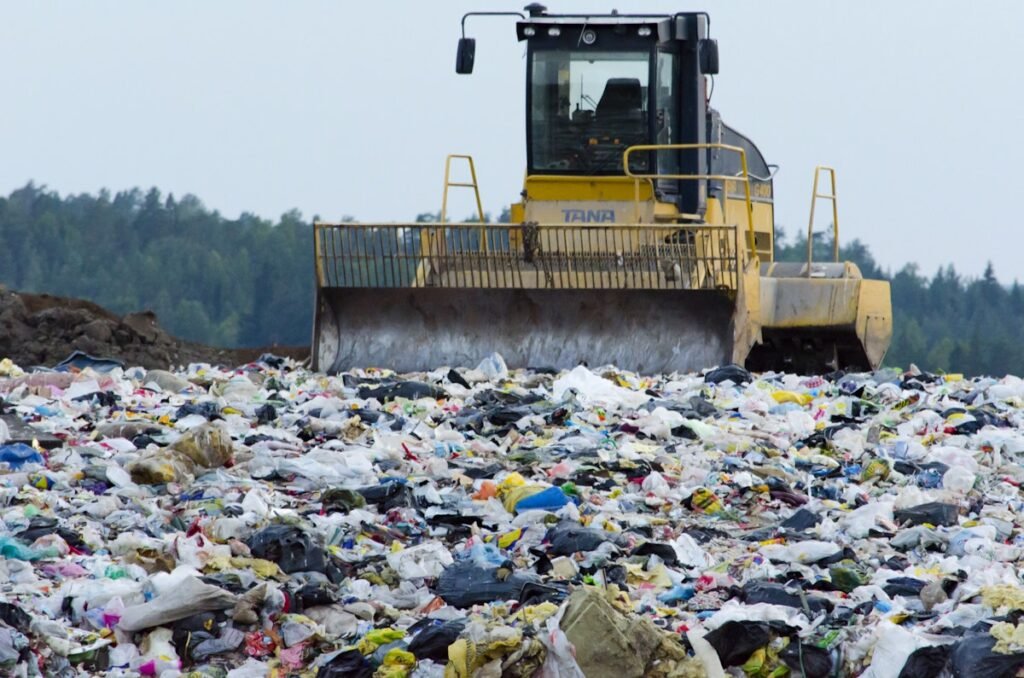Here’s how overconsumption impacts the environment and new ways to help in the fight against fast fashion.
Overconsumption is a growing issue and a hot topic on social media platforms such as TikTok and Instagram. Society is consuming faster than ever before, as new technologies develop at an alarming rate and clothes are produced faster than the speed of light. But, what exactly is overconsumption, and how does it tie into fast fashion?
Overconsumption, as said simply by sentientmedia.org, is, “when humans consume more resources than we produce.” This can occur on an individual level, or to an entire nation as a whole. Over-consuming is directly tied into fast fashion because as cheap as fast fashion is, it is easier for individuals to buy more than they realistically need.
This happens on clothing sites like Shein or Temu, and it is no secret that the working conditions are inhumane. As said by a Shein employee interviewed by BBC News, “I work every day from 8 in the morning to 10:30 at night and take one day off each month. I can’t afford any more days off because it costs too much.”
Not only are the working conditions unethical, but the clothes materials are in no way naturally derived or green. The factories produce an immense amount of waste, despite Shein’s futile efforts towards “building an environmentally sustainable industry,” as said on their official website. As a result, the environment is suffering, as fast fashion hurts the environment every step of the way. When ships carry manufactured goods overseas, oils are leaked into the ocean, and toxic gasses are emitted into the air.
Furthermore, fast fashion is low quality and usually has loose stitching or other errors to it. As a result, the clothes get thrown out quickly, which adds to the numerous waste in landfills. The underlying question looms over everyone: how can people, as consumers, limit their consumption to lead more ethical lives?
One way in which everyone can limit their consumption is by only buying new clothing when their old clothing is too small or is no longer their style. Additionally, people can shop from thrift stores as new clothing does not need to be manufactured to replace the clothing bought at first hand stores. People can also do research on the company they are buying from to make sure they use ethical work practices, as well as sustainable resources.
It is not realistic to expect everyone to never buy from fast fashion companies because fast fashion is everywhere. However, by starting better consuming habits people can limit how much they buy from these companies.


